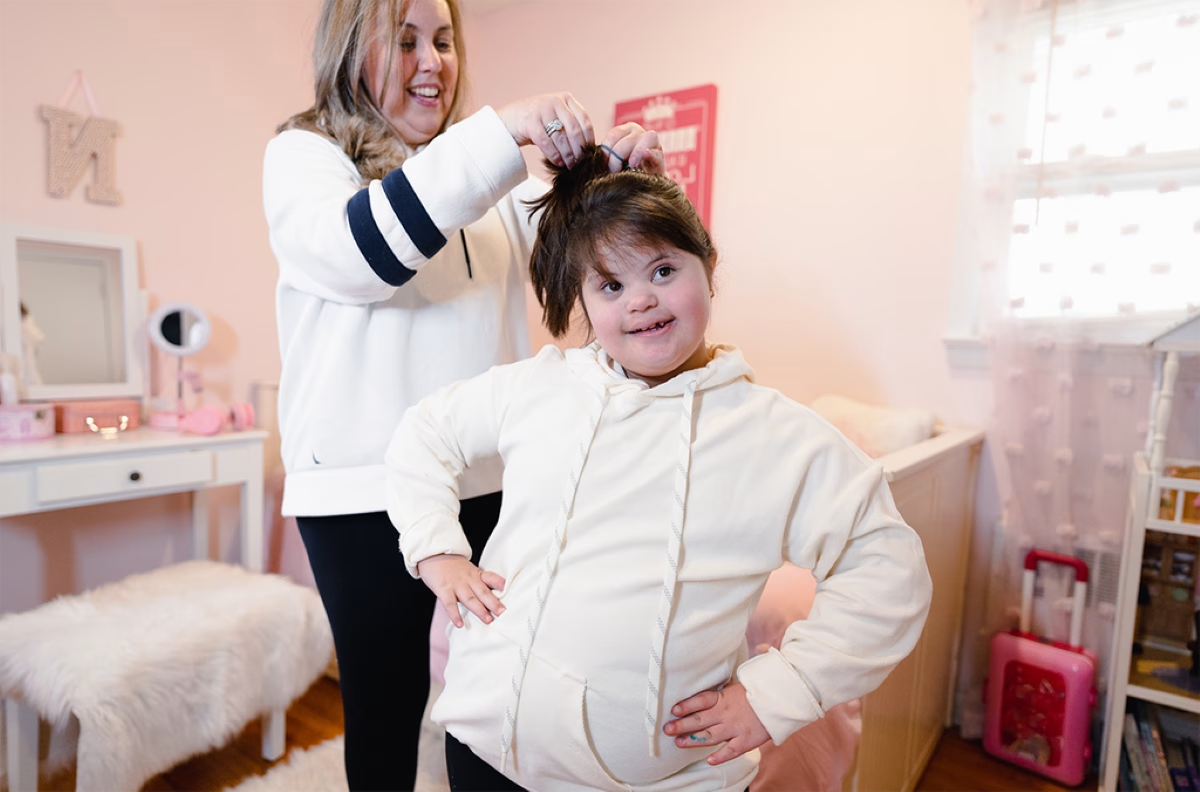“It is essential to continue focusing on the upstream factors that contribute to childhood obesity and to recognize the complexity involved in addressing and unraveling them.”
Decades ago, most efforts to prevent childhood obesity focused on changing individual behaviors: what people ate or drank, or how active they were. But from the start, RWJF took a different approach. We focused on changing the policies and systems that shaped those choices, not the choices themselves.
However, in the early years much of the field’s work was still narrow, often targeting the policies and systems most directly tied to diet and physical activity. As the research expanded, leading experts made the case for evolving the work to address the broader, broken systems that harm kids’ health. It became increasingly clear that preventing childhood obesity is about far more than calories, diet, and physical activity. It’s also about how safe communities are, whether parents can earn a living wage, whether kids have access to high-quality childcare and healthcare; if a neighborhood provides healthy, affordable food, and so much more.
Together with our partners and peers, we listened, learned, and evolved. Over time, we came to better understand how so many policies place more value on some lives than others, often along the lines of race and class. That leads to fewer opportunities in jobs, education, and housing, and ultimately harms health. But since people created the laws and systems that shape these opportunities, it is possible to change them.



